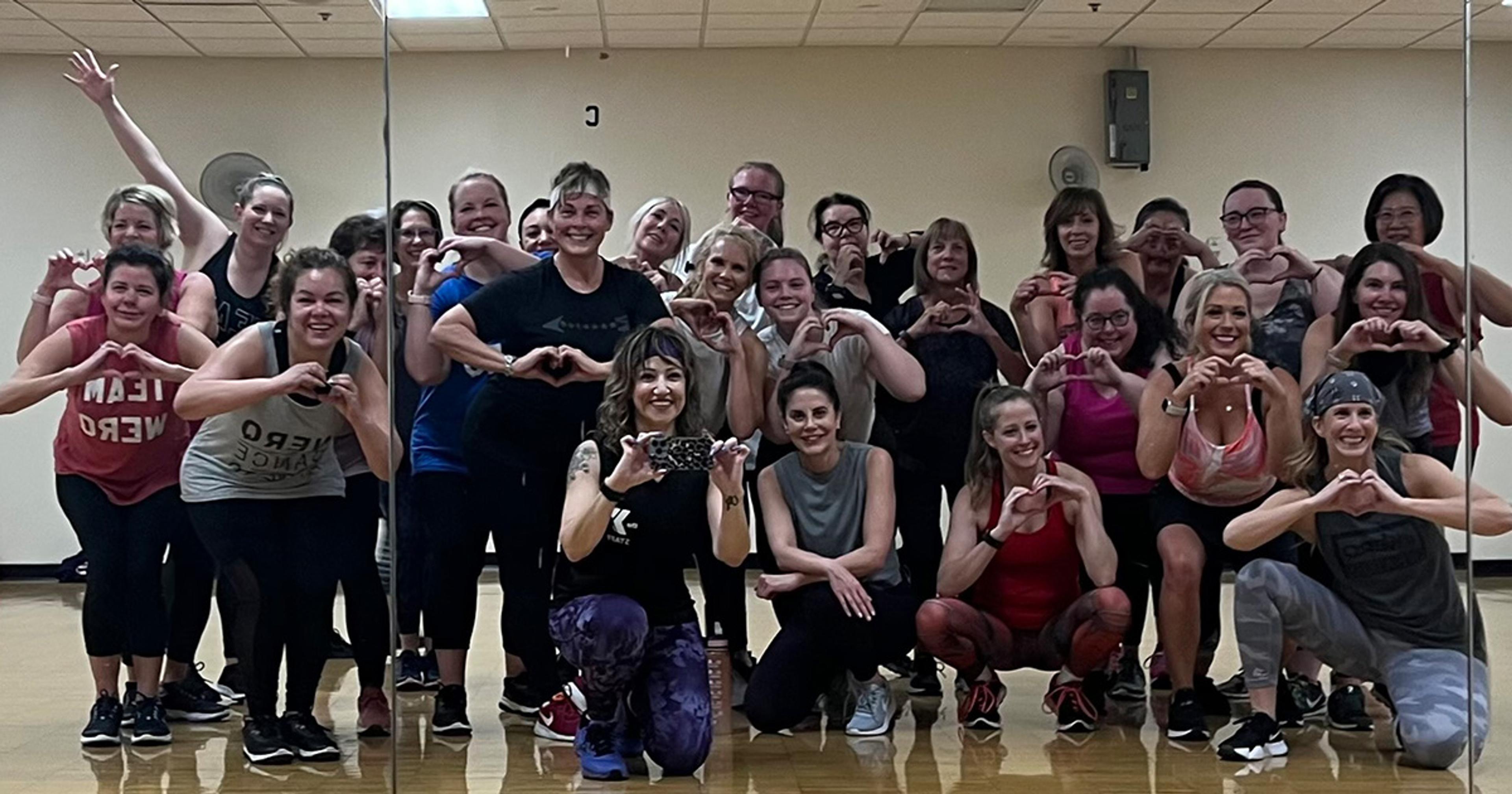The Risks and Rewards of Marathons: Read Before You Start Training

Julie Bitely
| 3 min read

Tempted to sign up for your first marathon and run 26.2 miles straight? First off, give yourself an enormous pat on the back for going after such a major goal! While the experience is different for everyone, preparing for that long of a race can help you see just what you’re made of mentally and physically. That said, there are a few things to know about the miles you’re about to start logging.
First, let’s talk about the benefits that can come with training for a marathon. The months of regularly scheduled runs can keep your lungs and heart healthy while also burning calories, challenging your mind and relieving stress. And then there’s the chance to be outside in nature.
George Harris, a Business Systems Analyst at Blue Cross Blue Shield of Michigan, is training for the Two Hearted 50k (a 31-mile race that trails through the Upper Peninsula). He loves that running long distances allows him to see more of Michigan. “That’s why I do a lot of my training in parks,” he says. “I try to hit a new state park, recreation area, or Metropark each week.”
But while marathons can be rewarding, they can also be extremely taxing on your body. Pounding the pavement that much can take a toll on your joints, cartilage and muscles. If you don’t take proper care of yourself, this can cause health problems, such as knee injuries and shin splints. That’s why it’s key to know when to push yourself and when to dial it back.
“Now that I’m in my 40s, I find that recovery and rest days are just as important as getting in the miles,” said Harris. “Other than general muscle soreness and fatigue, I’ve managed to stay injury-free. I credit that to taking my easy runs very easy and actually resting on my rest days. I also do a bit of swimming and biking, which helps with my overall fitness.”
Harris is onto something. Following a well-designed training plan is crucial to avoiding injury. This means not overtraining, allowing your body time to recover after long runs and eating a healthy diet full of protein and carbohydrates.
“Now that I’m in my 40s, I find that recovery and rest days are just as important as getting in the miles.”
You also need to listen to what your body is telling you—there are certain signs that you’re pushing your body too far and are at risk for an injury. If you feel any of these symptoms, you might need to take a break from training or talk to your doctor:
- Feeling drained of energy
- Higher than normal resting pulse lasting a few days
- Consistent leg soreness, aches and pains
- Joint or muscle pain, including severe back and knee pain
- Inability to fall or stay asleep
- Headaches, sore throat or other common cold symptoms
- Feeling irritable, moody or depressed
Photo credit: Michael Dorausch





